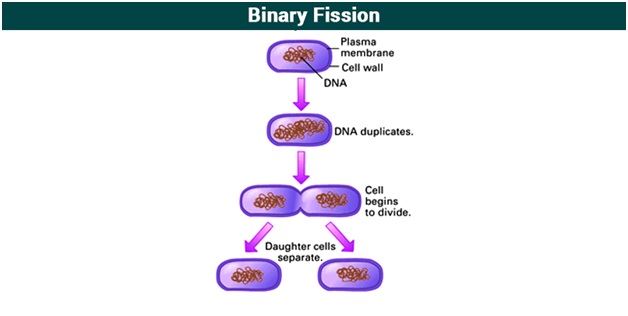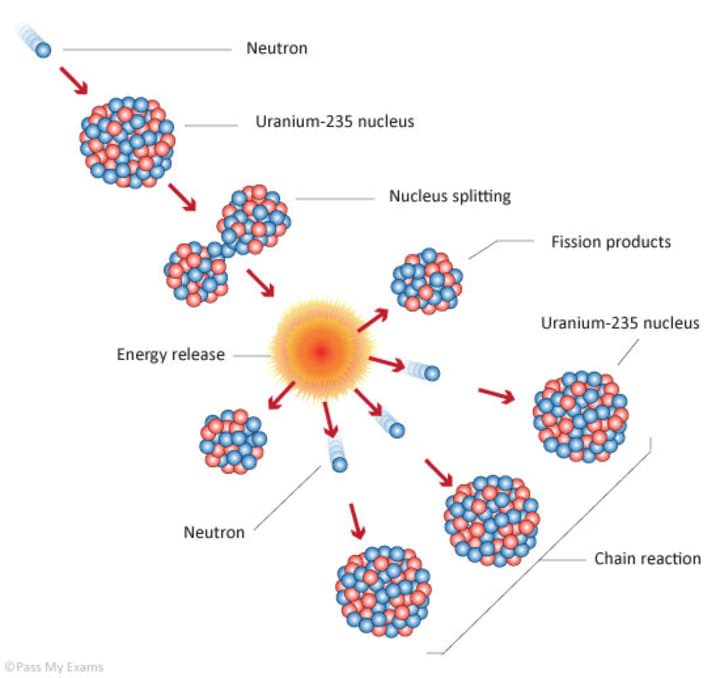


Foxl1 is expressed in the mesenchyme of developing and adult gastrointestinal tract. Among them, the winged helix transcription factor Foxl1 is considered to be one of the key regulators of epithelial proliferation and differentiation. Although the precise molecular machinery regulating the mesenchymal-epithelial interaction has not been fully elucidated, a number of mesenchymal factors have been reported to influence epithelial homeostasis in the gut ( 17, 20, 29, 39). The gut mesenchyme plays an essential role in the proliferation and differentiation of epithelial cells. This interaction is essential for the normal regulation of the Wnt/β-catenin pathway and the subsequent EphB/EphrinB expression. Foxl1 plays an important role in the maintenance of crypt architecture and epithelial cell positioning through the mesenchymal-epithelial interaction in the small intestine. Such an increase in Wnt expression was remarkable in the mesenchyme, where the aberrant Paneth cell positioning was observed by in situ hybridization. Furthermore, real-time quantitative PCR indicated that a subset of Wnt family genes was highly expressed in the gut mesenchyme of Foxl1-deficient mice compared with that of wild-type mice. The small intestine of Foxl1-deficient mice manifested aberrant crypt structure, including widely distributed Paneth cells, which coincided with the ectopic and increased expression of EphB2 and EphB3, which are key regulators of epithelial cell positioning. To better understand the role of Foxl1 in epithelial morphogenesis, we examined the tissue structure and positioning of epithelial cells in the small intestine of Foxl1-deficient mice. The winged helix transcription factor Foxl1, expressed in the gut mesenchyme, regulates epithelial cell proliferation and differentiation through the Wnt/β-catenin pathway.


 0 kommentar(er)
0 kommentar(er)
